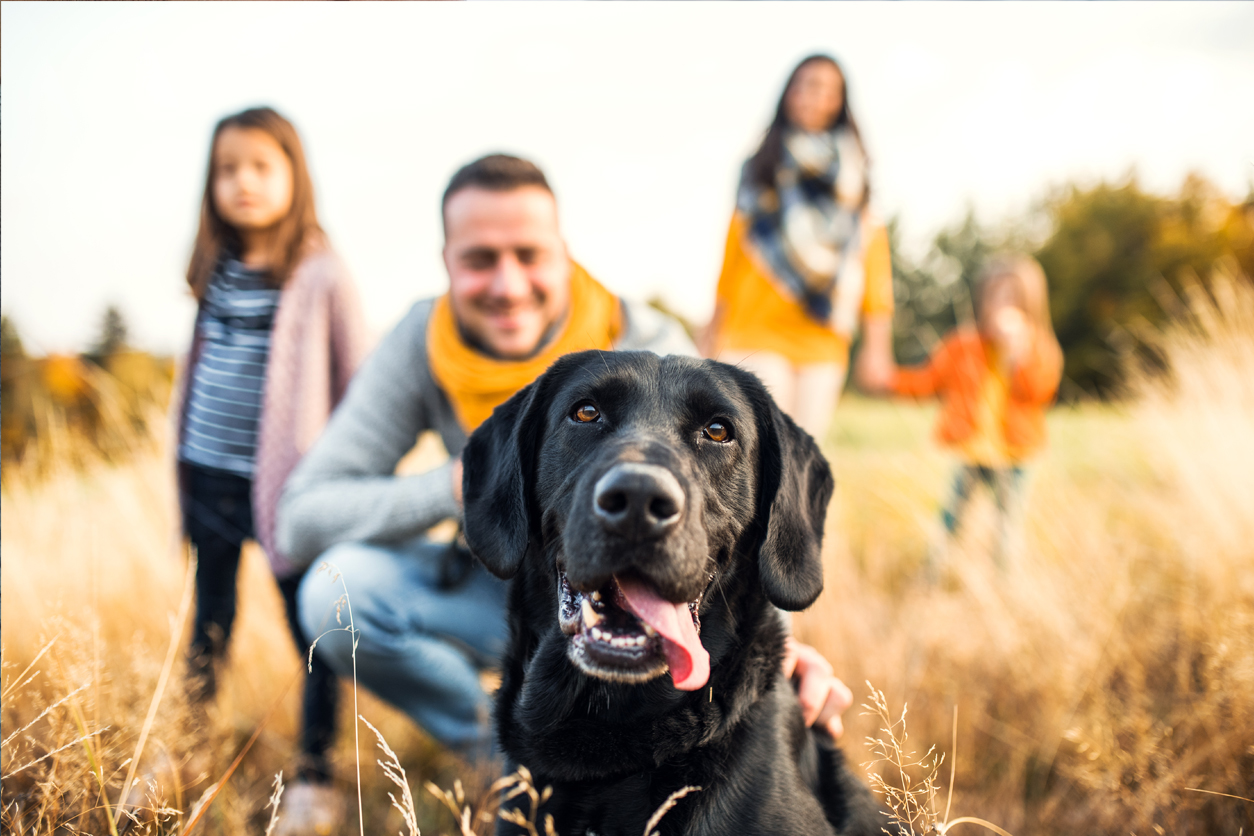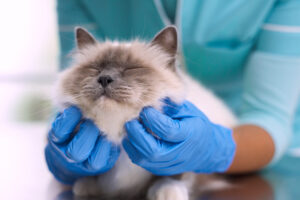“One Health” is a holistic approach to optimising the health of people, animals and the environment through collaboration across multiple sectors and disciplines. This approach is crucial for tackling global health challenges and focuses on creating sustainable solutions to a range of issues including zoonotic diseases, food and water safety, pollution and antimicrobial resistance. One Health shines a light on how humans, animals and environmental health are all interconnected.
PetSure supports a One Health approach, including understanding the special role that pets play in this dynamic. Our sustainability strategy includes initiatives that help achieve a sustainable veterinary workforce in Australia, whilst also delivering long-term positive outcomes for people, their pets and the environment. This reflects our long-held belief that pets are more than just companions; they are vital contributors to the overall health of people and our society. In addition, we actively partner with organisations across Australia that also support taking a unified approach in addressing health and environmental issues.
Keeping an eye on Zoonotic Diseases
A key component of taking a One Health approach is the vigilant monitoring of zoonotic disease— infections that can move from animals to humans and vice-versa (reverse zoonosis). At PetSure, we leverage our extensive pet health data to track significant infections in pets such as salmonellosis and leptospirosis (both caused by bacteria), toxoplasmosis (caused by protozoa) and gastrointestinal parasites, such as hookworm and tapeworm.
If we notice any increases in certain diseases, we work closely with our Veterinary Advisory Board to better understand observed trends and take action as needed. Leveraging our extensive network of veterinarians allows us to delve into the underlying causes and drivers of disease trends. Additionally, we engage with universities and research bodies to gain further insights into emerging pet health issues. Our findings are shared transparently and directly with pet parents via email, through detailed articles on the https://petsure.com.au/knowledge-hub/ and through traditional and social media to the veterinary and broader community.
This proactive approach underscores the importance PetSure places on vigilantly monitoring diseases that can transcend boundaries between animals and people. Furthermore, we recognise the significance of pet health data from insured pets as a crucial tool for identifying and responding to emerging health trends.
Fighting Antimicrobial Resistance (AMR) together
Antibiotic resistance is a problem that affects humans and pets alike. This happens when bacteria adapt and evolve to withstand the effects of antibiotics, due to overuse or misuse of these medications. This worrying trend has seen infections in pets becoming increasingly resistant to common antibiotics which can complicate treatment and prolong recovery. We’re dedicated to understanding the prevalence of AMR in Australian pets, assessing its public health impact and exploring innovative treatment options. These efforts are crucial in ensuring that our pets and by extension our communities, remain safeguarded against the rising tide of AMR.
Food safety and nutrition
What you and your pet eat matters. The importance we place on the safety and quality of our own food, extends to our pets, profoundly influencing their health and overall well-being.
PetSure’s data* has identified an uptick in gastrointestinal health concerns since 2016. While references to words such as “raw food” have been noted in the clinical records of many pets presenting with these health issues, more in-depth analysis of the data and comprehensive research needs to be conducted to investigate any potential causation or correlation that may exist.
Food preparation always requires meticulous care and with the increasing popularity of raw meat pet food diets, the focus should be on hygiene and safe handling. Increased rates of bacterial contamination of raw meat sold for human consumption (often with antibiotic resistant bacteria), amplifies the risk of infection leading to gastroenteritis for both humans and pets). Safe food handling processes include thawing raw meat in the fridge and using separate food preparation areas and utensils. It is also critical to use disinfectant to clean preparation surfaces, utensils, food bowls and hands after both food preparation and feeding time.
Pets and environmental health
The environmental impact of pets, which we at PetSure call their carbon ‘paw print,’ is significant and a growing concern in countries around the world. Carbon emissions come from many sources related to our pets, ranging from food production and single use toys to waste management and pollution arising from the manufacture of pet care products.
PetSure’s research and advocacy for environmentally friendly purchasing choices, including sustainable pet food sourcing and biodegradable products, reflects our commitment to playing a key role in this area. Our aim, alongside others in the pet care industry, is to encourage responsible pet parenting that reduces and ultimately mitigates emissions and other environmental impacts wherever possible.
PetSure is also actively involved in a range of initiatives grounded in research that includes advocating for pet access on public transport to help reduce vehicle emissions.
As we navigate the complex landscape of health and wellness, it becomes increasingly clear that pets are not just companions, but integral members of our interconnected ecosystem. The One Health approach underscores the significance of recognising this bond and addresses both health and environmental challenges. By embracing a unified approach and advocating for policies that prioritise access to pet care, we’re not only safeguarding the health of pets but also fostering stronger, more resilient communities where pets and their owners can thrive side by side.
* PetSure data from 2010 to 2024
Sources
- https://vetnutrition.tufts.edu/2022/01/raw-diets-perception-of-human-health-risks/”https://vetnutrition.tufts.edu/2022/01/raw-diets-perception-of-human-health-risks/
- https://www.ncbi.nlm.nih.gov/pmc/articles/PMC6849757/
Pet insurance can help by covering a portion of the eligible vet bill if the unexpected happens. Because it is difficult to predict the costs of veterinary care, it can help to have measures in place to help prepare for the unexpected. Check out our partner network and explore our policy tools to find a pet insurance policy.
Not all conditions or items are covered by Pet Insurance. Refer to the applicable Product Disclosure Statement for information about coverage and exclusions.








